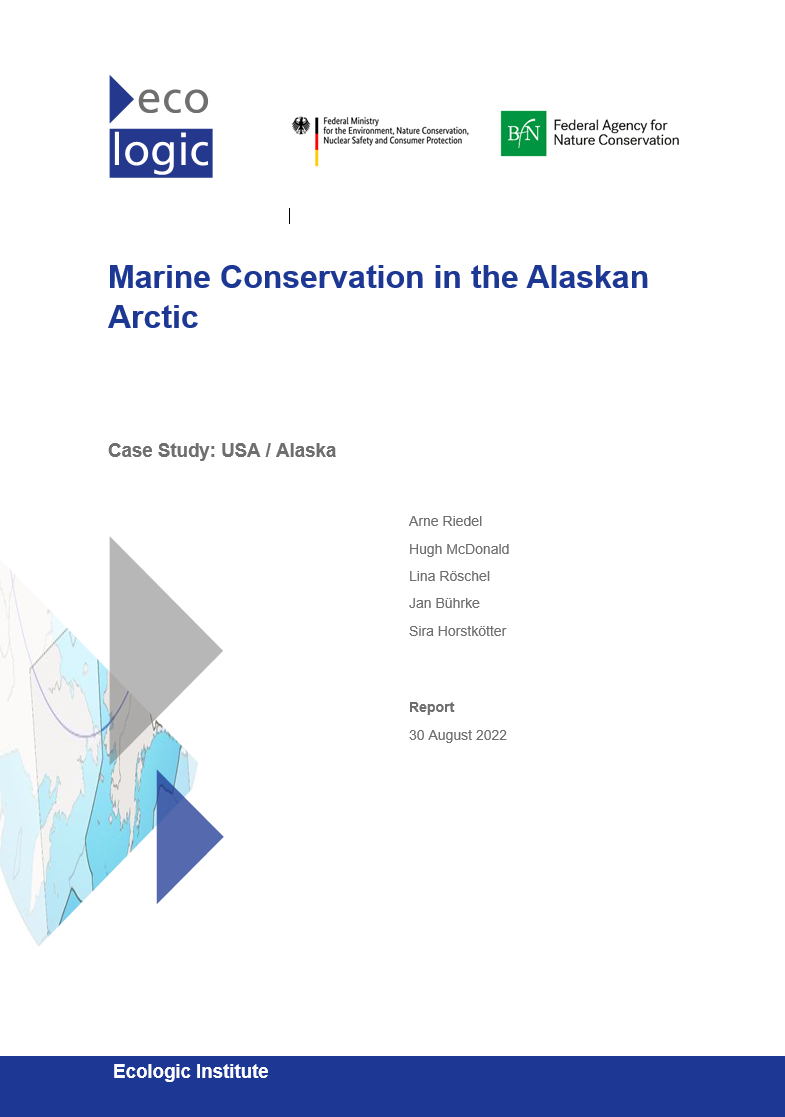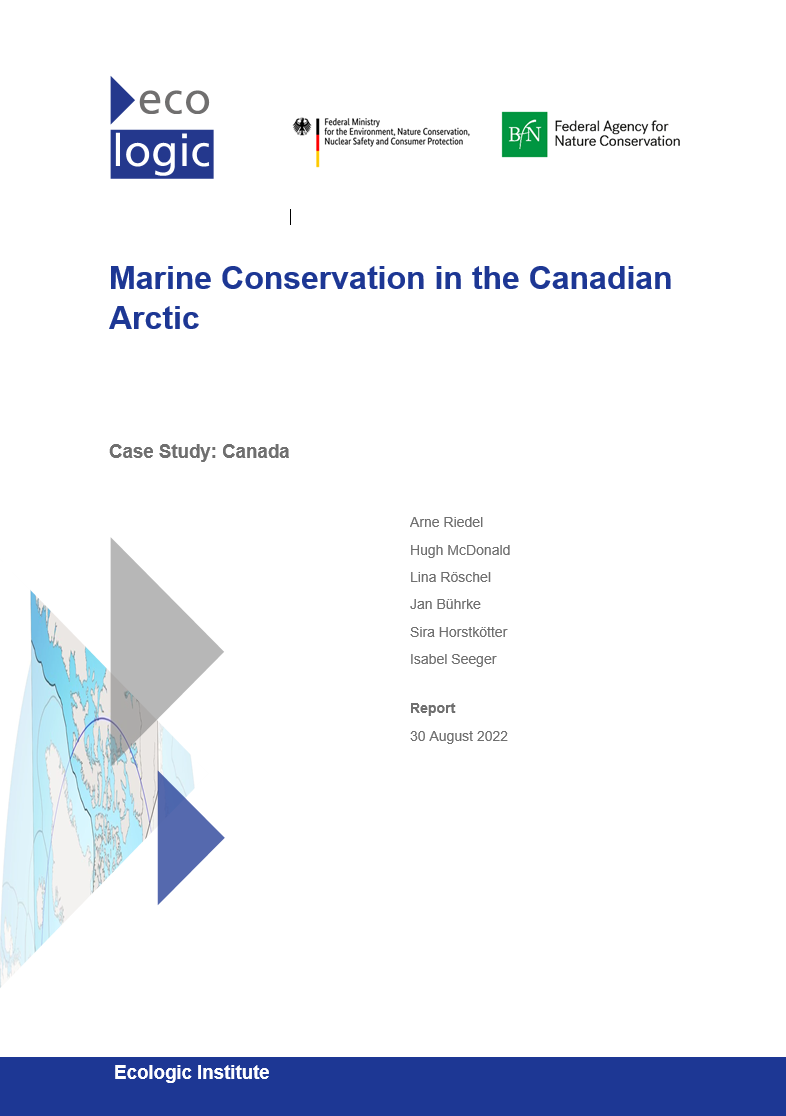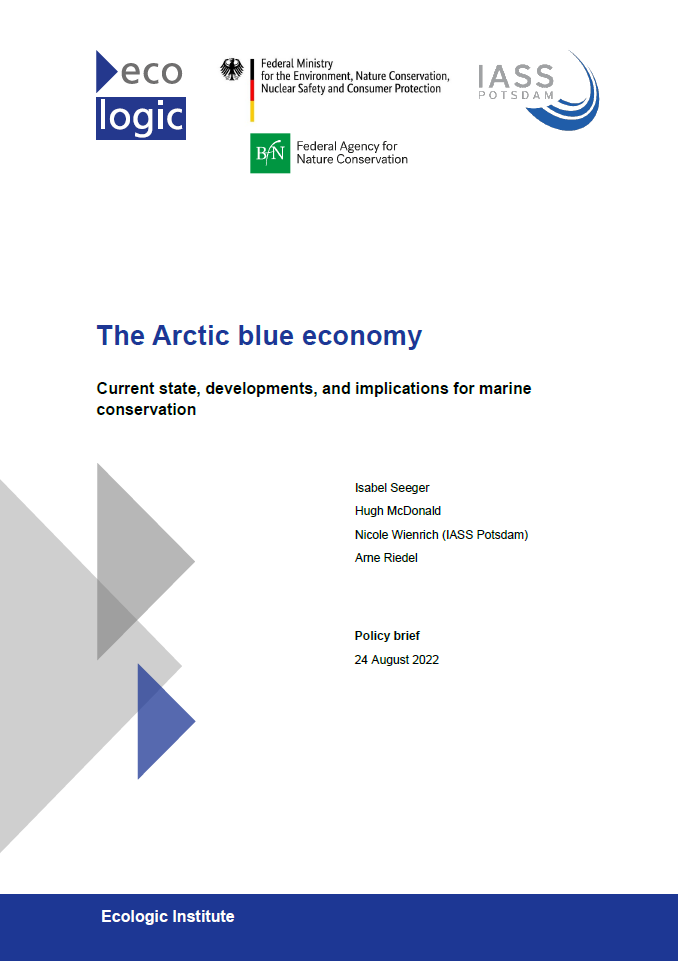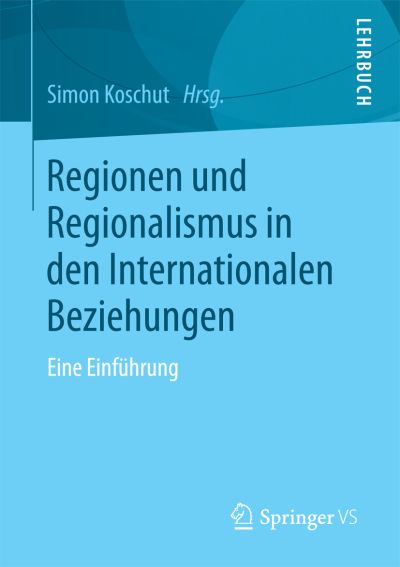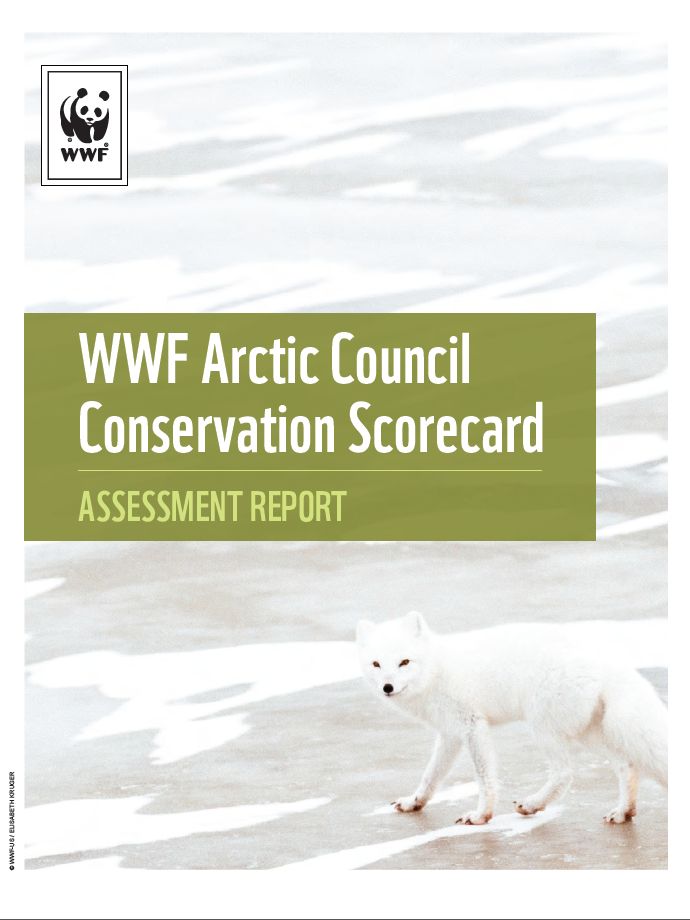The consequences of climate change are much more visible in the Arctic than in other regions of the world. The increasing loss of sea ice allows to use parts of the Arctic Ocean for a longer time and more intensively than before. This could threaten biodiversity in the polar region critically. Ecologic Institute and its partners are analyzing how a network of marine protected areas in the region could help to conserve marine biodiversity and ensure the functioning of marine ecosystems and their effective management.
The Convention on Biological Diversity and the targets adopted by the United Nations Conference on Sustainable Development/UNCSD advocate for at least 10% of the world's oceans to be effectively protected by 2020. The project intends to make a contribution to this within a national and international context.
Ecologic Institute, together with its partners, the Institute for Transformative Sustainability Research (IASS) and WWF Germany, prepares nature conservation contributions for the German Federal Agency for Nature Conservation (BfN). These contributions can be used both for Germany's participation in the Arctic Council's marine nature conservation bodies and for the National Arctic Dialogue, e.g. through several targeted case studies and analyses. The case studies examine the use of Arctic marine resources and the introduction of area-based management tools. The analyses aim for a better understanding of challenges and opportunities related to marine nature conservation in the Arctic, and identification of best practice examples.




